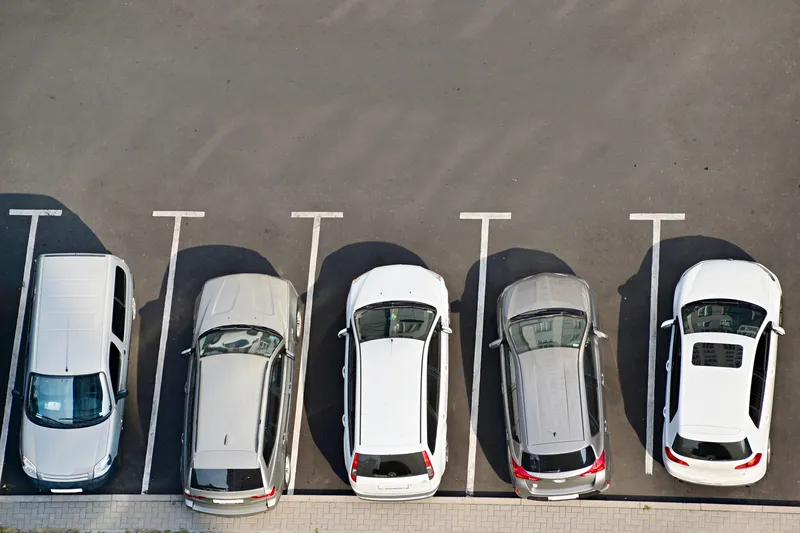Innovations in mobile ID technologies will soon enable secure identification and authentication, as well as instant access to critical information. And it is governments in less mature markets which will probably be the first to adopt these new technologies. This is because mobile phone use is very high in developing nations and government-to-citizen ID programmes have been moving towards electronic IDs. A presentation by Adam Tangun, vice-president, Ventes Europe, ID Solutions Gouvernement, HID Global, will show how two West African government organisations are using mobility innovations to improve security and effectiveness.
The National Nigerian Police has adopted a mobile Biometric Central Motor Registry (BCMR) to give officers real-time access to a biometric database to verify identities. The BCMR has the potential to be the most advanced vehicle registry in the world. Meanwhile, The West African Examinations Council, which covers five countries, has adopted a mobile ID system to combat identity fraud in educational examinations. More than 2 million students register online every year. They receive machine-readable smart cards that are validated by mobile readers when they arrive for examinations. This not only reduces fraud, it also improves the value of the examinations, as employers and others now have more confidence in the validity of the qualifications.
In ‘The Nigerian eID Project - A Case Study’, Chris Onyemenam, director general/chief executive of the Nigeria Identity Management Commission and Adam Ross, product manager, e-ID Solutions at Cryptovision, will give an overview of the Nigerian electronic identity card project that represents a major initiative in the most populated country of Africa.
Mobile devices matter: Governments working smart(er)’, 11:30 – 12:00, Room 2
‘The Nigerian eID project –
a case study’, 14:00 – 14:30, Room 2
Cryptovision looks at Africa and e-Government
Innovations in mobile ID technologies will soon enable secure identification and authentication, as well as instant access to critical information. And it is governments in less mature markets which will probably be the first to adopt these new technologies. This is because mobile phone use is very high in developing nations and government-to-citizen ID programmes have been moving towards electronic IDs.
November 4, 2014
Read time: 2 mins










